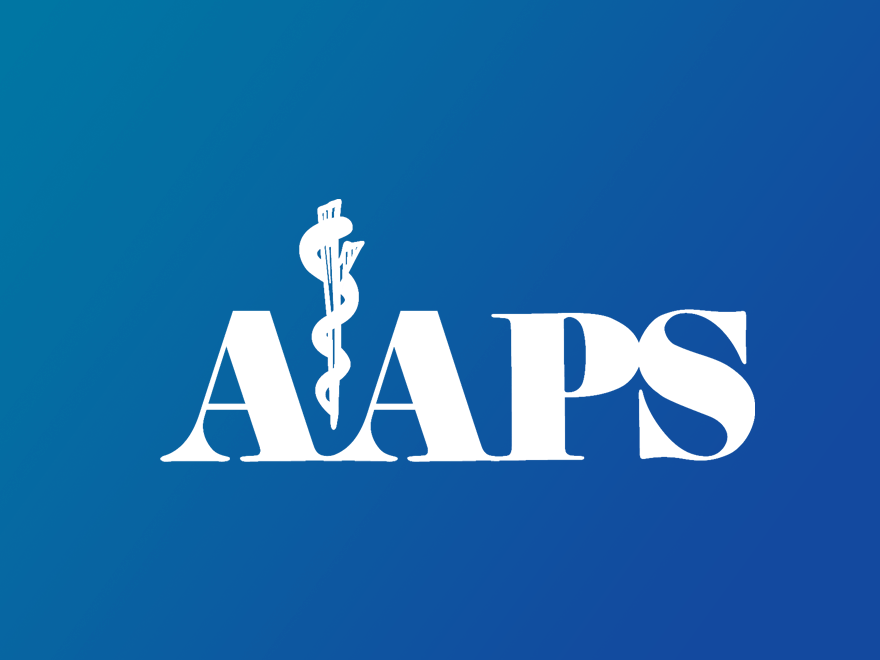Although the public system seems to save money by restricting access to medical care, private persons pay the cost.
In 2008, an estimated 750,794 Canadians were waiting for treatment after an appointment with a specialist. Using a Statistics Canada finding that 11% of people are adversely affected by waiting for elective surgery, Maureen Hazel and Nadeem Esmail of the Fraser Institute calculate that lost productivity costs Canadians $751 million in 2008.
This does not include the cost of care provided by family members or the non-monetary medical costs of adverse events or death due to treatment delay.
It is difficult to determine how many Canadians seek treatment abroad rather than awaiting their turn, but Hazel and Esmail estimate that more than 30,000 Canadians received care abroad in 2008.
“The calculations provide some insight into the number of Canadians who might choose to stay in Canada and pay for treatment in their home province, if only that province’s government would deviate from the status quo and allow them to do so.” This is a significant economic loss to Canada.
This number represents about 0.8% of all patients in Canada. It is a slight decrease from the 1.2% who went abroad for nonemergency treatment in 2007. The decrease occurred at a time when the median wait time for medically necessary procedures dropped by about 7 days: from 128 days to 121 days between a primary physician’s referral and treatment.
The improvement in wait times is minimal even though the Canadian government is devoting record amounts of tax receipts to the medical system. (Fraser Forum , December 2008).
Additional information:



